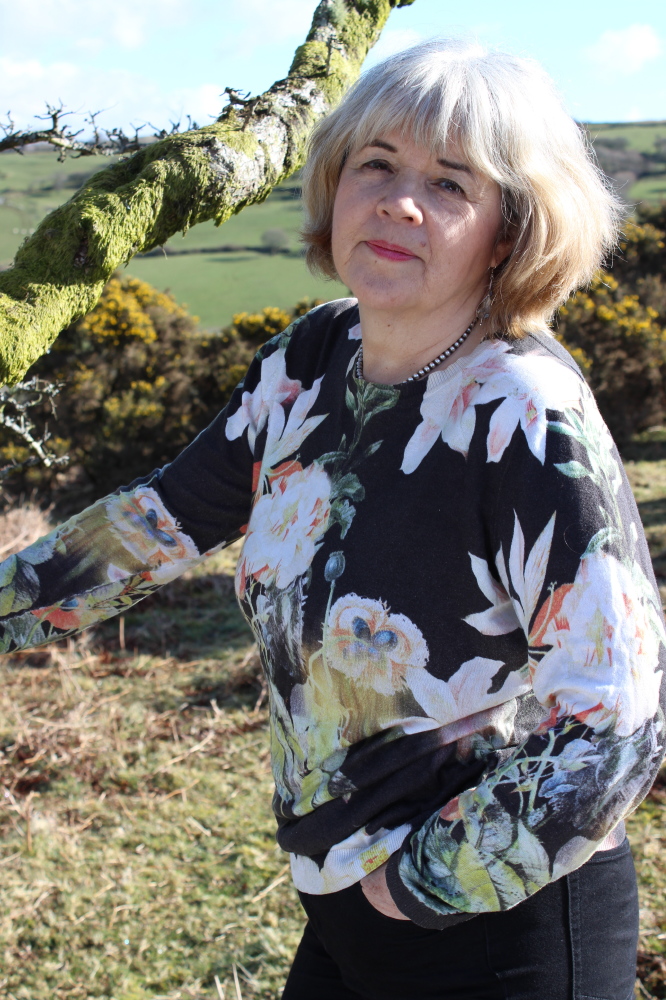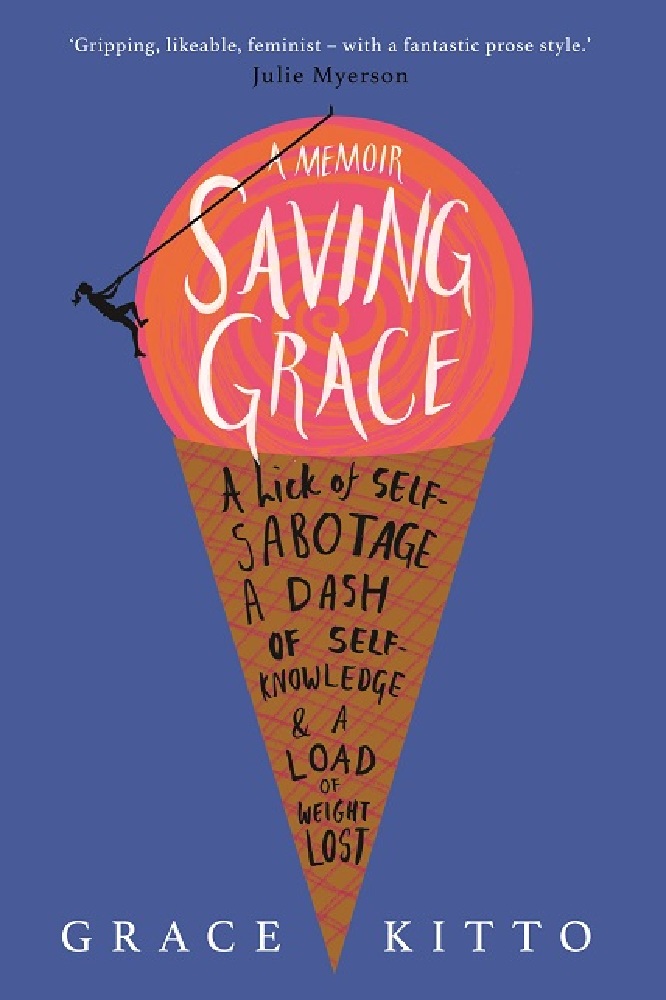Grace Kitto is a successful TV producer, wife and mother, with a busy work and home life. Yet for 45 years, she was locked in a war with her body that she wasn’t winning. She was always dieting and yet inexorably gaining weight. The last straw came in June 2011, when she weighed in at well over 17 stone.

Grace Kitto
‘When is it ever going to change? Every dieter knows the despair of thinking that. When is it going to change? The answer is right here, right now, on this page.’
She began to write a diary to untangle the many strands of the problem which muddled her thinking and made it hard to work out how to change after such a long history of failed diets. She wrote about how her weight affected not just her but her family and friends, and how they intervened to help – or hinder. This diary became her dieting lifeline.
‘I’m not just self-critical without reason. I actually am clinically obese. I was nearly morbidly obese. I’ve pulled back from the brink. There’s a pleasure in writing these sentences, because they are factual.’
Her troubled relationship with food was rooted in family and upbringing. By the age of 8 she was a seasoned dieter, but dieting didn’t help. Three years later she weighed 11 stone. Her mother, whose own weight peaked at 24 stone, died of diabetic complications in her early 70s.
Worries about her weight and what she ate didn’t define Grace. Her work, family and friends did, but her obesity was a perpetual anxiety in the background of her daily existence. As well as every other weight issue, she knew that her own risk of diabetes was one in three.
One sunny afternoon, she left work determined to stick to one of her serial diets. Within minutes, as if on auto-pilot, she found herself sitting in her car eating an ice-cream. This time it sparked an epiphany – she realised the solution to her constant dieting lay not in what she ate but in how her brain worked. And if she could somehow make the wordless, powerful, instinctual part of her brain work with her, maybe she’d be in with a fighting chance. She cast it as a character, named it Bridget - and spoke to it. Bridget’s wordless but pithy responses were a source of wisdom and comfort which guided the whole of her journey.
‘I am a middle aged woman with an imaginary friend. Get over it.’
Next, she picked a diet to follow. She chose a simple, balanced programme that would allow maximum flexibility. She realised that to turn her problem around would take serious long-term action so she committed to following this plan for a year. This timespan turned out to be critical. It allowed her to take a longer, slower view of her progress and made inevitable set-backs less significant.
But just following a weight loss plan wasn’t enough. She decided to explore current studies on the causes and solutions to obesity. The answers she needed lay within the fields of neuroscience, biochemistry and psychoanalysis, so Grace devoured the latest research and applied the results to her predicament. She devised her very own self-help system, the Slow Diet Manifesto, and courageously set to work.
Immensely readable, frequently moving and full of humour, Saving Grace is a memoir of her journey. With a straightforward honesty, Grace documents how her size affected not only herself but the people she loved. She questions herself, the food industry and society that feeds and condemns weight problems. It’s the story of how Grace confronted her propensity for self-sabotage, how she discovered why she ate when she was trying not to, and above all, how she learned to embrace change.
It takes courage to rewrite your own life. Grace Kitto does just that.
‘I had to think my way out of the problem. It’s taken time and a lot of guts, if I say so myself, but it wasn’t impossible. And I felt like a lost cause, so if I can do it, anyone can.’

SAVING GRACE: A memoir of weight loss by GRACE KITTO (September Publishing) is out now.

